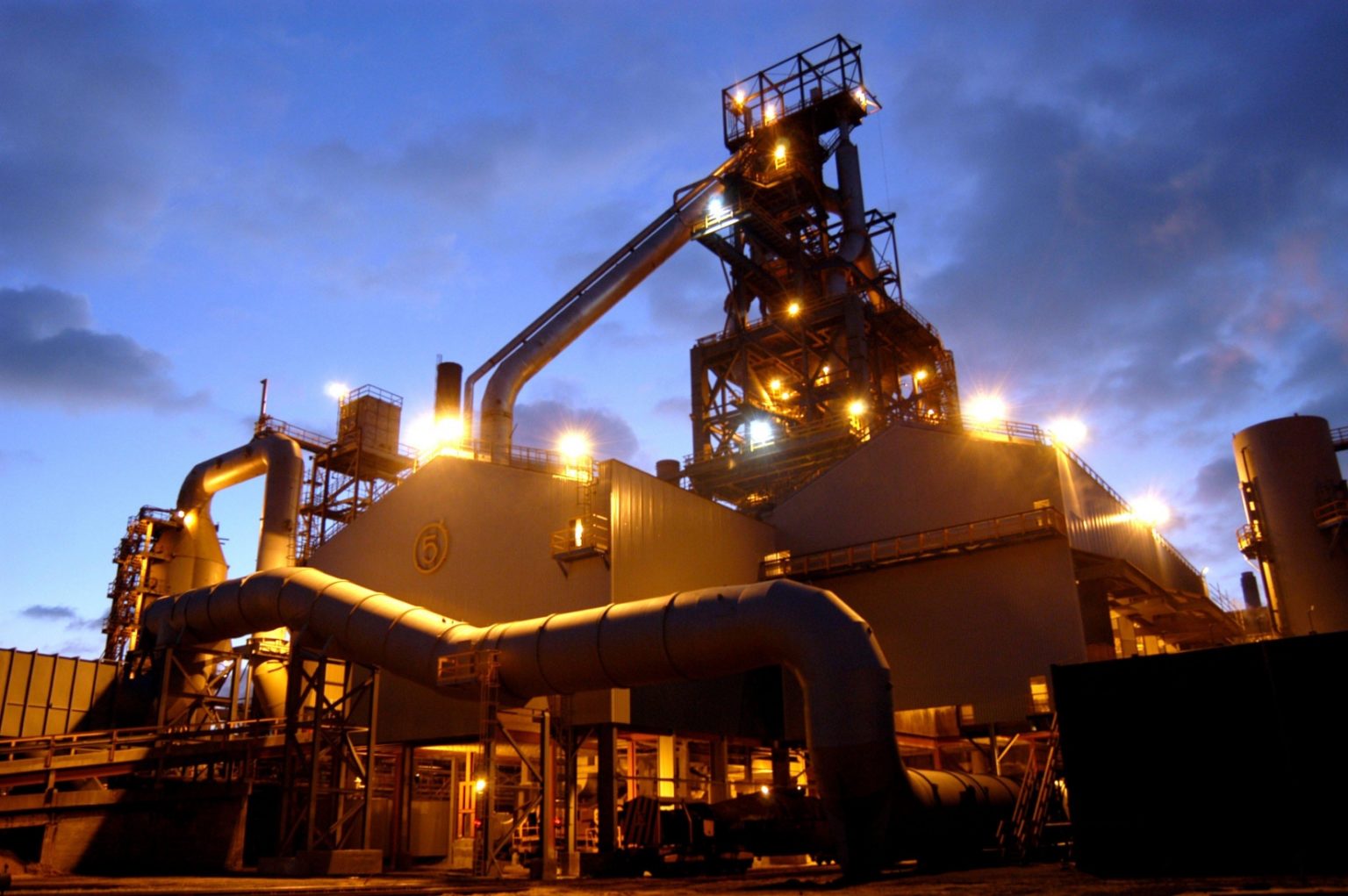Climate science deniers have been using Tata Steel’s recent decision to sell off its entire UK business as an opportunity to call for the scrapping of climate change policies.
In particular, Lord Lawson’s Global Warming Policy Foundation (GWPF) has called for the fifth carbon budget due in June to be delayed and for the carbon price floor to be scrapped – points echoed by Matt Ridley, GWPF academic advisor and coal mine owner, in the Times.
However, these attempts to blame green levies for increasing energy costs have been widely denounced as misleading.
Taking to Twitter this week Lord Deben, head of the independent Committee on Climate Change (CCC) which advises government on the carbon budget, responded, writing that claims arguing climate policy is to blame for the steel crisis are true “only if one entirely ignores facts”.
As an extensive fact-check article on the issue by Carbon Brief shows, the main trigger behind the UK’s steel crisis was plunging global steel prices.
Last November, the CCC also published a technical assessment on the issue which noted that the international price of steel has dropped 60 percent over the past four years.
.@PatrickMBarnes Only if one entirely ignores facts. Please read assessment done independently by CCC on our website. Sad Mr Lawson didn’t.
— John Deben (@lorddeben) April 3, 2016
.@thegwpfcom Not true We more than compensate heavy energy users. Pity Lord Ridley had missed detailed independent assessment on CCC website
— John Deben (@lorddeben) April 4, 2016
In Tata Steel’s announcement, it states that “cheap imports, particularly from China, a strong pound and high electricity costs” are all factors behind its decision to exit the UK.
This final point is what climate science deniers have latched on to – articles in the Express and Daily Mail blame the “green agenda” and our “idiotic leaders” who are “obsessed with being green”, arguing the UK’s climate policies are driving up energy prices thereby putting the steel industry at risk.
However, when crunching the numbers Carbon Brief estimates that government policies are responsible for just 1 percent of all UK steel production costs.
As Labour’s shadow climate minister Barry Gardiner wrote on Twitter: “Low-carbon electricity policy [and] protections for energy-intensives mean ‘green policy’ accounts for 1-2% of UK steel production costs. So it is deeply cynical for climate sceptic commentators to try [to] manipulate steel crisis and undermine progress on climate change.”
Steel Prices dropped 60%+ owing to Chinese dumping. That’s real reason for steel industry troubles not the >1% green policy effect.
— John Deben (@lorddeben) April 4, 2016
Even the UK’s leading manufacturers’ association, the EEF, agrees that climate policies aren’t the villain they’re being made out to be.
Speaking to BusinessGreen, EEF’s senior energy policy advisor Richard Warren, said: “No one in the steel sector is calling for an end to UK climate change policy.”
“To try and say the entire thing is down to energy prices would be disingenuous,” he continued. “We have a global crisis in the steel sector and the EU has struggled more than other areas, largely because it has not been able to implement as robust as response to cheap imports as we’ve seen in the UK and India.”
Carbon Brief also quotes Warren. “EEF is not suggesting we should dismantle climate policy or stop investing in renewables,” he said. “[We] would not sign up to the argument that you should get rid of all these [policy] charges.”
And in a somewhat ironic twist, it seems as though Tata Steel has actually been benefitting financially from European green policies.
The steel industry has long received generous free CO2 allowances to cover emissions governed by the EU’s Emission Trading System (EU ETS), making it a source of revenue as well as costs Carbon Brief points out.
Between 2008 and 2011 Tata Steel received surplus allowances worth £389m according to campaign group Sandbag.
Tata Steel is also likely to have netted around £794m (€1bn) between 2008 and 2014, in windfall profits according to Emil Dimantchev, carbon markets analysis at Thomson Reuters – this is when firms raise their prices to customers to cover costs for the EU ETS despite receiving EU ETS allowances for free.
Photo: Tata Steel Port Talbot plant via Wikimedia Commons
Subscribe to our newsletter
Stay up to date with DeSmog news and alerts







